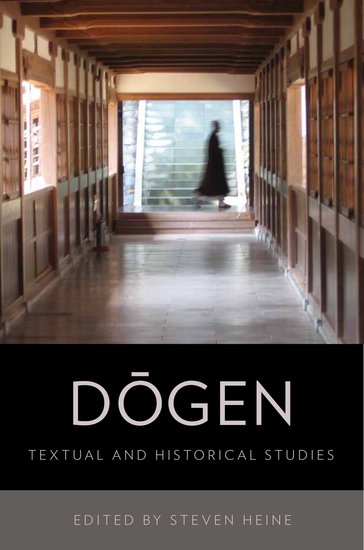Is it a dog’s world?
By Steven Heine
Like a number of other traditional East Asian cultural phenomenon, such as kabuki, kimono, kimchee, and kung fu—just sticking to terms that start with the letter “k”—the koan as the main form of literature in Zen Buddhist monastic training has been widely disseminated and popularized in modern American society.





